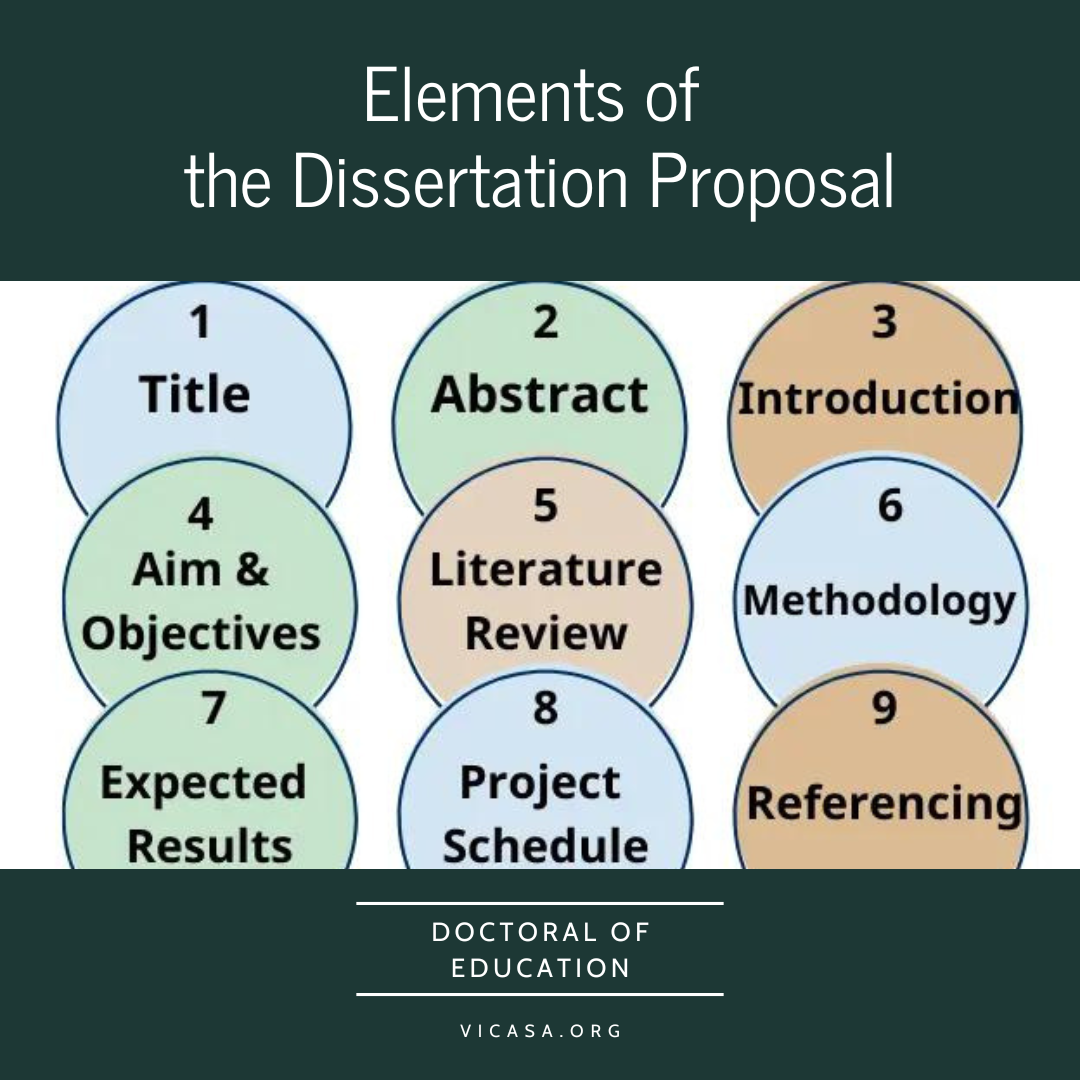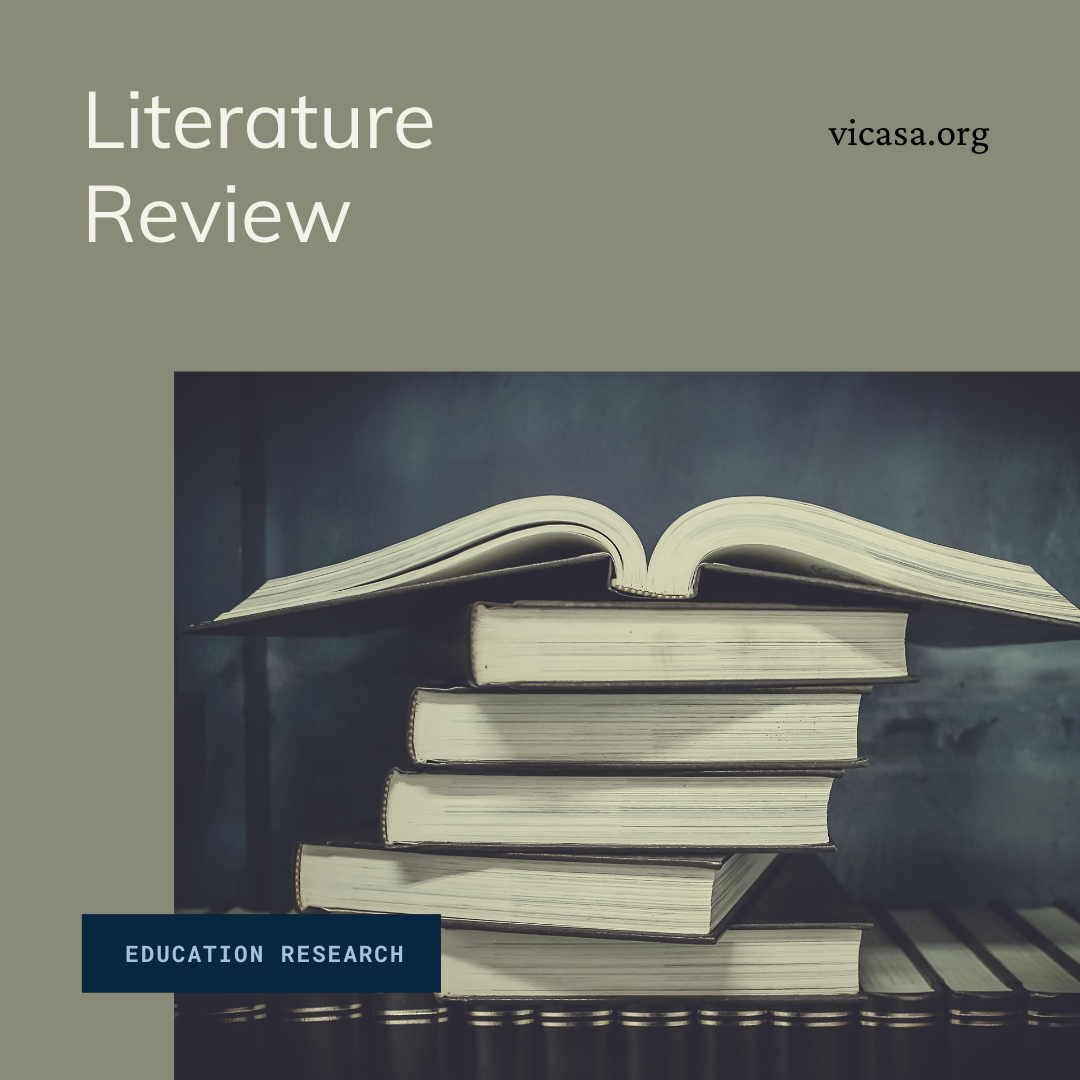Academic Writing

Contemplating on the impact and benefits of Academic Writing for educators reveals several critical aspects that enhance their research capabilities and overall learning experience.
Improved Communication Skills
Academic writing hones educators’ ability to articulate complex ideas clearly and concisely. This skill is essential for presenting research findings effectively, whether in dissertations, journal articles, or presentations. Strong communication skills enhance their ability to convey research implications to diverse audiences.
Critical Thinking and Analysis
Engaging in academic writing fosters critical thinking. Educators learn to analyze existing literature, synthesize information, and construct coherent arguments. This process encourages them to question assumptions, evaluate evidence, and develop a deeper understanding of their research topics.
Research Methodology Mastery
Writing academically requires a solid understanding of research methodologies. As educators write about their research, they become more familiar with the techniques and frameworks relevant to their studies. This knowledge is crucial for designing rigorous research projects and ensuring methodological soundness.
Academic Rigor and Standards
The discipline of academic writing instills a sense of rigor and adherence to academic standards. Educators learn to follow specific formatting, citation, and ethical guidelines, which are vital for maintaining credibility in their research. This attention to detail enhances the overall quality of their work.
Reflection and Growth
Academic writing serves as a reflective practice. It encourages educators to think critically about their research processes, methodologies, and findings. This reflection can lead to personal and professional growth, as they identify areas for improvement and refine their research questions.
Contribution to the Field
Through academic writing, educators contribute to the body of knowledge in education. Publishing their research allows them to share insights, innovations, and evidence-based practices with peers, thereby influencing the field and potentially shaping educational policies and practices.
Networking Opportunities
Writing for academic journals and conferences opens doors for collaboration and networking. Engaging with other researchers and educators through publications can lead to partnerships, mentorship opportunities, and a broader professional community focused on shared interests.
Overall Impact
In brief, academic writing significantly impacts educators through enhancing communication skills, fostering critical thinking, and ensuring methodological rigor. It encourages reflection and growth, facilitates contributions to the educational field, and creates networking opportunities. Ultimately, these benefits enrich their research experience and professional development.




